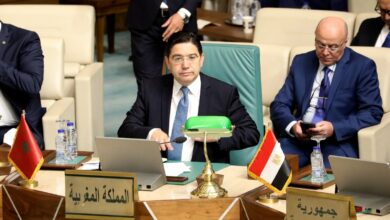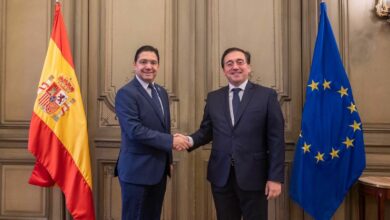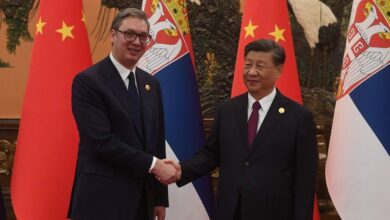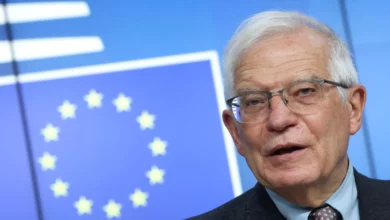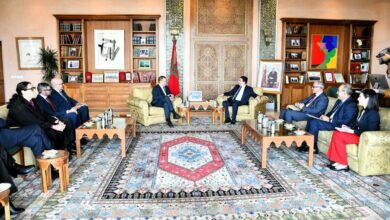International Pressure Unveils the Hidden: Algeria Orders Polisario to Return Iranian Weapons to Avoid Terrorist Label
International Pressure Unveils the Hidden: Algeria Orders Polisario to Return Iranian Weapons to Avoid Terrorist Label
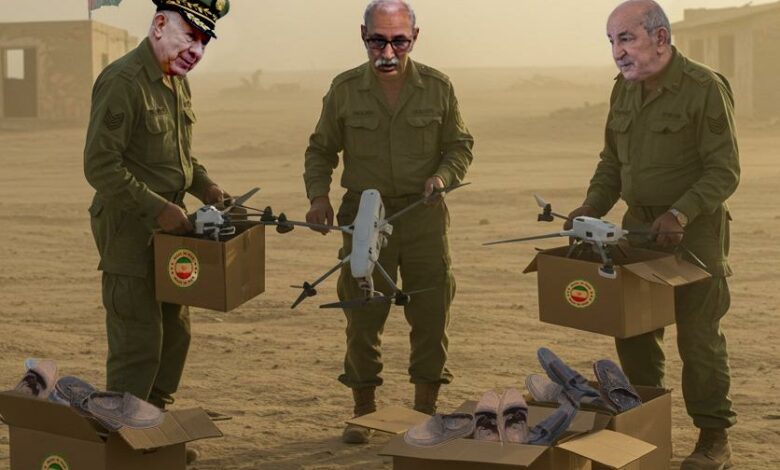
Aldar / Analysis
Reliable sources have reported that Algerian authorities have issued urgent and discreet instructions to the separatist “Polisario Front” to return a cache of weapons and drones it had received from Iran in recent months. The move appears to be an attempt to avoid the group’s classification as a “terrorist organization” by influential regional and international actors.
This development, which aligns with Western intelligence reports, sheds light on the complex web of interests linking the Algerian regime with Tehran and reveals the depth of military coordination between the two sides.
According to reports from Western circles concerned with regional security, Iran has, over recent months, supplied the Polisario Front with various types of unmanned aerial vehicles (UAVs), some for reconnaissance purposes and others with offensive capabilities. It is believed the transfers were carried out through intermediaries and covert transit points in the African Sahel, under the supervision of Iran’s Revolutionary Guard intelligence and with logistical support from Algeria.
In a related context, a report by a European think tank specializing in security and defense noted that “there are growing indications of direct Iranian support for the Polisario, which could turn the Western Sahara conflict into a proxy battleground.” This, in turn, could place Algeria in an awkward position with its Western allies, whom it considers strategic partners in key security dossiers.
Algeria’s urgent move to retrieve the Iranian-supplied weapons appears to be a preemptive response to initiatives within the U.S. Congress and certain European institutions pushing for the Polisario’s designation as a terrorist organization. These calls cite “Iranian military support” for the group and its alleged ties to extremist factions active in the Sahel and Sahara regions.
Diplomatic sources have also indicated that France — which has recently revised its stance on the regional tensions — is increasingly concerned about the intersection between Iranian support for the Polisario and the operations of armed groups in the Sahel. This overlap poses a threat to the interests of Paris and its European partners in the area.
The decision to reclaim the weapons is seen as a tactical maneuver by Algeria to deflect Western pressure. However, it simultaneously carries the implication of an implicit acknowledgment of the military support that Algeria had previously denied. This development reinforces the belief that Algeria is playing a double game: on one hand, speaking of a “political solution” to the Sahara conflict, while on the other, fueling the unrest through covert arms supplies and opaque alliances.
Meanwhile, Morocco finds itself in a stronger position on the international stage, bolstered by firm stances from major powers that reject any undermining of its territorial integrity and condemn all forms of military support to separatist movements. Rabat has repeatedly warned of the risk that the Tindouf camps could become a “safe haven” for armed and extremist groups — warnings that are now beginning to resonate in Western decision-making circles.

